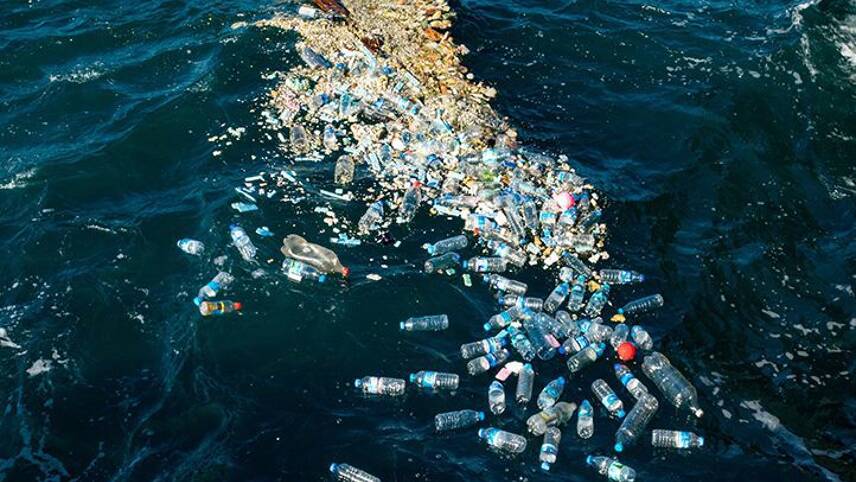Register for free and continue reading
Join our growing army of changemakers and get unlimited access to our premium content

The research warns that the global average consumption of plastic per person per year is 20.9 kilograms
The Plastic Bank connects businesses with communities in developing countries that are grappling with plastic pollution. It provides the training and infrastructure needed to grow the recycling industry in a way that improves the economic and social conditions for local communities.
The Plastic Bank last year announced that it has enabled the recycling of the equivalent of a billion plastic bottles that would have otherwise ended up polluting nature, with SC Johnson funding around half of its total recycling volume.
Today (24 January), the initiative has revealed that working with more than 200 companies globally has enabled the collection of a further one billion bottles to be recycled in just eight months, which is 12 times faster than the first billion stopped.
In total, more than two billion have been collected across 511 locations by more than 30,000 collectors across the Philippines, Indonesia, Brazil, and Egypt. This is equivalent to more than 40 million kilograms of plastic that would have otherwise found its way into the oceans.
“Plastic pollution and its impact on our oceans is one of the world’s most significant challenges. The collection of two billion ocean-bound plastic bottles is a testament to the fact that each of us can be a hero in reducing plastic waste while improving the lives of people who collect it,” Plastic Bank’s founder David Katz said.
“Our Heroes – the collectors, branch owners, partners, contributors, and employees – are stewarding business, consumption, lives, and the planet towards regeneration.”
Collectors enrolled in the initiative collect plastic waste and exchange it for bonuses that improve livelihoods like increased income and access to needs like groceries, cooking fuel, school tuition, health insurance and digital connectivity.
Founding partners SC Johnson and Henkel helped support the collection efforts by contributing to more than half of the two billion milestone. Over 200 global heroes, including CooperVision, METRO AG, ScanCom, HelloFresh, Carton Pack, Lombard Odier, Lillydoo, Advansa, Natreve, DM, Wella, P&G, Coca-Cola, Unwrapped Life, L’Oreal and Pernod Ricard helped enable the collection of ocean-bound plastic waste from beaches, riverbanks, and neighbourhoods, to reach the landmark amount. By integrating Social Plastic back into their manufacturing supply chain, Plastic Bank’s partners support a regenerative circular economy.
Plastic Bank plans to expand its presence in Southeast Asia and Central Africa.
Late last year, SC Johnson, which owns brands including Mr. Muscle and Ecover, set new recycled plastics targets after surpassing an ambition to use 15% recycled content in packaging four years ahead of schedule. Post-consumer recycled (PCR) plastics accounted for 19% of its total packaging output for 2021, up from 14% in 2020.
SC Johnson has updated its 2025 recycled plastics target and is now aiming for 25% of its packaging output to be accounted for by PCR plastics within four years.
Changes made to packaging since SC Johnson first updated its plastics commitments in 2018 include switching all Windex bottles to 100% PCR plastics and trialling a washing-up liquid bottle made from 50% ocean plastic through its Ecover brand.
As well as sourcing PCR directly from waste management companies in its largest markets, the firm leads a global partnership with the Plastic Bank.
edie recently interviewed SC Johnson’s chief communications officer, Alan VanderMolen, on the company’s plastics-related progress as part of the ongoing #SustyTalks video series. You can watch that discussion in full here.
Matt Mace


Please login or Register to leave a comment.